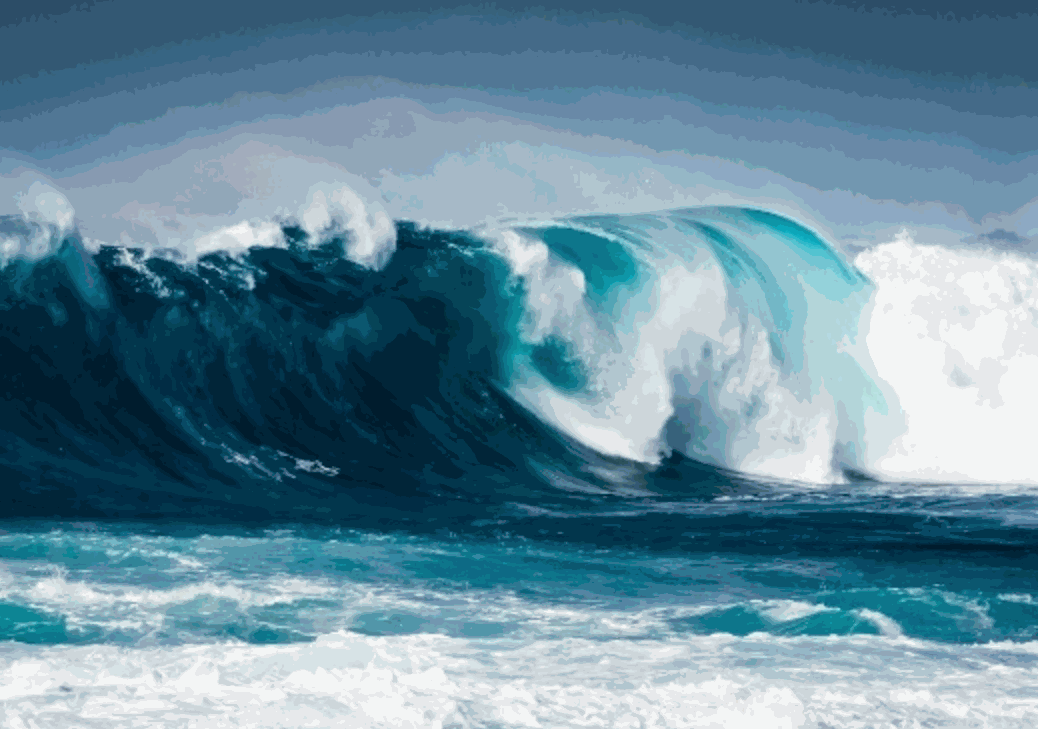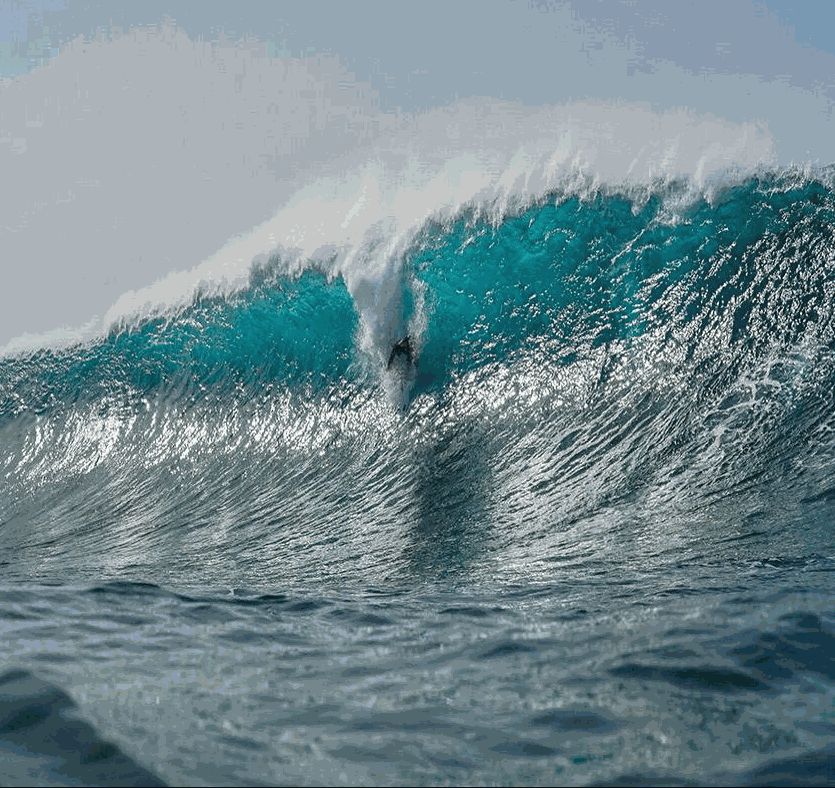Pioneering Ocean Thermal Energy Device Underway in Canary Islands
European Consortium Ventures Towards Renewable Energy Future with Ocean Thermal Energy Conversion (OTEC) Prototype
A collaborative effort among seven European entities is currently underway to construct a pioneering ocean energy device, poised to potentially furnish tropical islands with an abundant and renewable energy source. Termed Ocean Thermal Energy Conversion (OTEC), the technology operates by leveraging the variance in temperature between sun-warmed surface water and the cooler depths of the ocean.
OTEC systems function by transferring heat from warm surface waters to vaporize a low-boiling point fluid, such as ammonia, thus generating steam to propel a turbine for electricity production. As the vapor condenses upon contact with cold seawater drawn from the ocean's depths, the energy cycle completes.
Although initially conceived in 1881, OTEC's widespread adoption has been impeded by cost and technical constraints. However, amidst the pressing realities of climate change, a consortium comprising entrepreneurs, engineers, and academics from across Europe is resurrecting this concept, infusing it with renewed vitality.

Resilience Amidst Adversity
Under the auspices of the EU-funded PLOTEC consortium, which encompasses institutions like the University of Plymouth, UK-based startup Global OTEC, and Portuguese marine energy developer WavEC, construction of a prototype ocean energy apparatus is presently underway in the Canary Islands. Comprising a cylindrical hull, a cold-water riser pipe, and a gimbal connection point, this structure represents a tangible step towards harnessing oceanic resources for sustainable energy solutions.
The fabrication of the cold-water riser pipe by Austrian plastics manufacturer AGRU, and the construction of the cylindrical hull at Hidramar Shipyard in Gran Canaria, are currently in progress, with delivery slated for June. Subsequently, the system will be deployed at a marine energy testing site situated three kilometres off the coast of Gran Canaria, where its performance amidst turbulent seas will be rigorously monitored over a twelve-month period.
Lead engineer at Global OTEC, Sam Johnston, affirms, "This prototype will provide us with the perfect opportunity to test our cylindrical hull and gimbal solutions in conditions akin to 20-metre equivalent waves, refining our offshore connection and disconnection procedures to maximize asset longevity and availability, even in storm-prone regions."
An Ongoing Endeavour
Though the inaugural prototype will not yield electricity, the PLOTEC consortium aspires to demonstrate the feasibility of deploying OTEC platforms in tropical waters, thereby presenting a potential paradigm shift in energy generation dynamics for island nations.
For OTEC to be viable, a temperature discrepancy of approximately 20°C between hot and cold water is imperative, a condition readily met in tropical climes. Island nations, heavily reliant on imported fossil fuels to satisfy their energy requisites, stand to benefit significantly from the adoption of OTEC technology.
Theoretically, OTEC boasts a global potential of at least 2,000GW, rivaling the collective capacity of all coal-fired power plants worldwide. Its status as a baseload power source, characterized by consistent electricity generation around the clock, positions it as a complementary asset alongside solar and wind energy, ensuring uninterrupted power supply irrespective of climatic vagaries.
In addition to the PLOTEC initiative, Global OTEC is spearheading the development of its modular ocean thermal system, envisaging substantial cost reductions within the technology's framework. While confidence pervades the startup's approach, it acknowledges the uncharted terrain it traverses.
Against the backdrop of escalating climate change ramifications, with island nations at the forefront of vulnerability, the pursuit of harnessing oceanic heat on a commercial scale emerges as an imperative endeavor, underscoring the urgent imperative to explore innovative renewable energy avenues.


